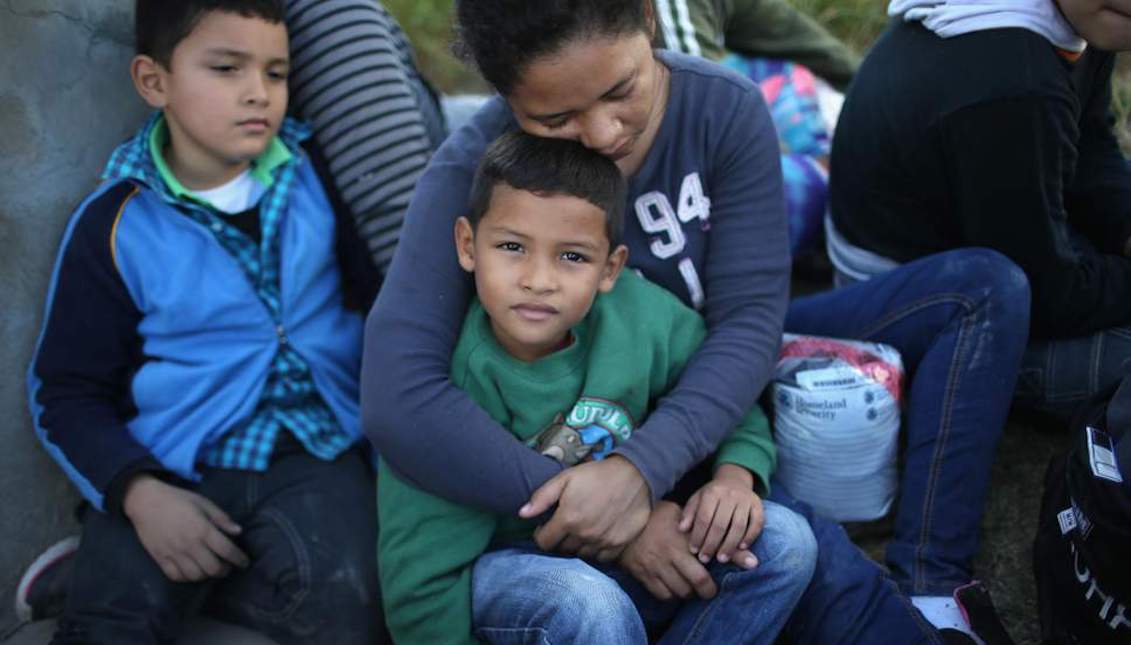
Suicide and despair: The reality of young immigrants in detention centers
An investigation by ProPublica and Mother Jones has shed light on the nightmare faced by hundreds of young undocumented immigrants living in detention centers…
For many in the U.S., undocumented minors and detainees being separated from their families at the border are only an abstract image. Few can really imagine, much less understand first-hand, the daily life of these children, from toddlers being abused by other children to desperate adolescents who think only of taking their own lives.
ProPublica Illinois and Mother Jones have published a series of data, both recent and from a few years ago, obtained through thousands of confidential files on "nine shelters financed by the federal government in the Chicago area" and operated by Heartland Human Care Services.
Although the information reflects the specific reality of shelters in Illinois, they are undoubtedly a sample of simultaneous situations spread throughout the national territory.
"The documents reveal the routines of life inside the shelters, days punctuated by tedium and fear while the children wait and wait and wait to leave," explains ProPublica. "They spend their days taking English lessons and learning about such peculiarities such as American slang (...) they complain about food and mistreatment by staff. And they cry, and write letters and hurt themselves in despair."
The testimonies and records in the Illinois detention centers demonstrate the emotional and physical harm suffered by young people in detention, as well as the negligence to which they are subjected by organizations that profit from the government's anti-immigrant measures.
In this region alone, the average detention time during the fiscal year 2017 was 34 consecutive days. According to the report, during the Trump administration's "hard-on-the-border" campaign, the average detention time increased to 59 days.
Some cases report the detention of young people for up to 598 days.
RELATED CONTENT
Despair is the minimum symptom that a minor can face in such conditions.
Even when the shelters try to fulfill all the requirements and satisfy all the needs of each of the more than 3,000 children separated from their families, the circumstances don’t work in their favor.
According to officials of the shelters in Illinois, the work not only consists of giving care and attention to the young people but also of initiating the process of locating an adequate guardian to take charge of them after they have fled their countries and have been detained for so long.
"Children - many of whom are reeling from the trauma of rape, violence or other abuse in their home countries or during their treks to the United States - languish as caseworkers try to find sponsors and persuade them to undergo background checks," continues the report. "Those without relatives or family friends in the United States remain in custody even longer, sometimes rejected by long-term foster care programs already filled to capacity."
Even with these records, the federal government insists on trying to avoid legal proceedings and revert the Flores Agreement that prevents the detention of minors for periods of time longer than 20 days.
If successful, the conditions of these young people will be aggravated and the trauma will be irreversible, while their destinies remain in the hands of Attorney General Jeff Sessions and his army of immigration judges.
To read the full report, click here.










LEAVE A COMMENT: